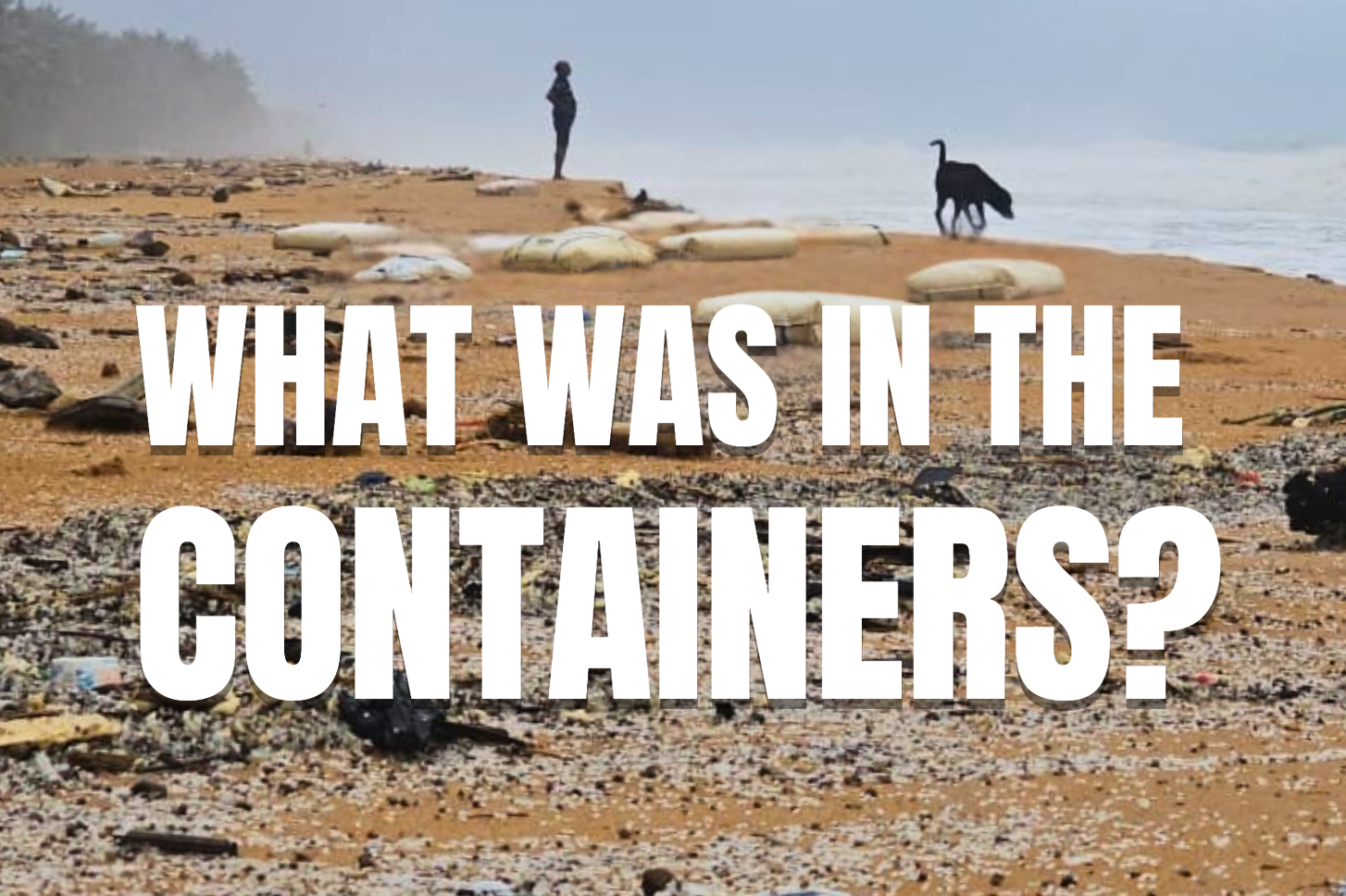Greenpeace India conveys its deepest condolences to the families of those who have lost their lives. Relief and rehabilitation would need to be the priority at the moment.
As per the media reports by 22nd May, 2020, the death toll due to devastation caused by Cyclone Amphan has risen to 72 across West Bengal. According to the meteorological expert, cyclone Amphan is only the second “super cyclone” to form over the Bay of Bengal since records began, and the first since 1999.
Greenpeace India conveys its deepest condolences to the families of those who have lost their lives. Relief and rehabilitation would need to be the priority at the moment.
Amphan amid the outbreak of the coronavirus in India will put a lot of strain on the governance and civil society trying to cope with the Covid pandemic. It has put marginalised sections of the society including the fishing communities at risk. With the collaborative efforts of the State government and National Disaster Response Force (NDRF), lakhs of people were successfully evacuated to safer places. However, the response efforts need to effectively sync in with the safety protocols in place for the ongoing coronavirus pandemic.
Cyclones are fueled by heat, it is well known geographically. Warming seas can make cyclones more powerful by increasing the potential energy available to them, effectively increasing their speed and ability to cause havoc. Perhaps, an increase in Amphan storm surge related to climate change possibly can be due to rising sea levels, increasing size of the depression and wind speeds. Climate experts have also suggested that climate change is increasing the damage that cyclones cause. Equally there is a longing threat because it makes it harder for meteorological departments to forecast how a storm would play out when it hits the ground.
Coronavirus pandemic and Amphan national calamity respectively is also a reminder to recognise public health and forward planning and preparedness as prerequisites in dealing with such an unprecedented crisis. As the 2030 deadline by the Intergovernmental Panel on Climate Change (IPCC) approaches, it is mandated that investments must be made on public and planetary health.
Greenhouse gas emissions from across the world have a gross global impact on the climate and are intensifying the climate crisis. It’s evident that climate protection is more important than ever. With the power to change what Earth now looks like, we even have the power to undo it all – with our power of choice. The government across the world needs to choose people over profits, sustainability over unequal economic growth, and renewable over fossil fuels.



